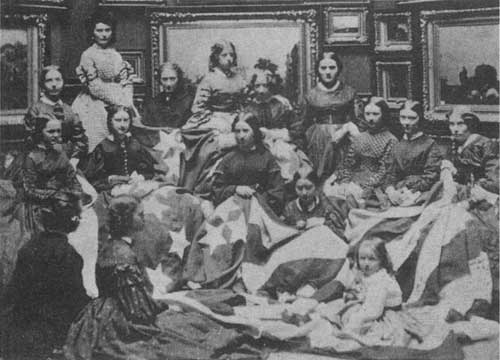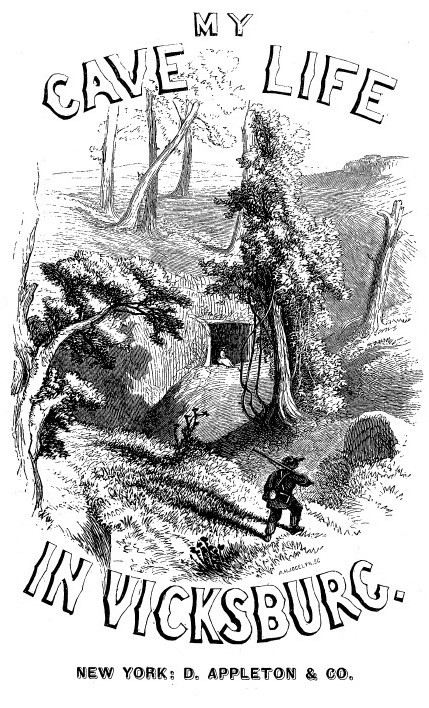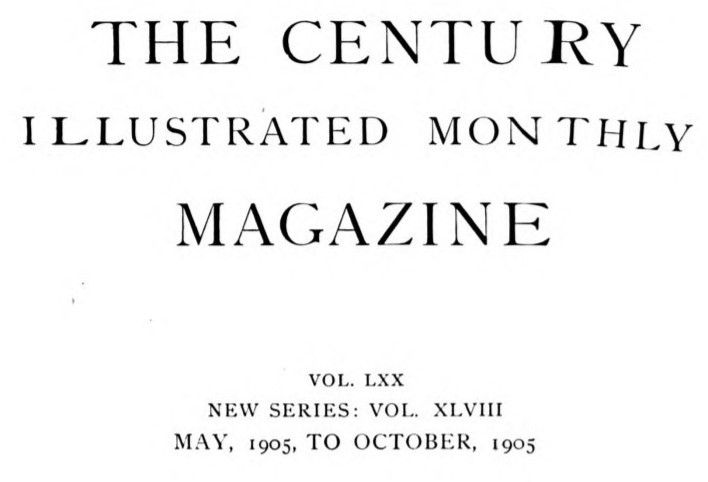Romanticizing the War
Through the the horrific details of the Civil War, this book explores how the confederate people of Vicksburg, Mississipi would have to live under siege and underground to recieve shelter from a union artillery attack. At one point, most of these confederate families were in the comfort of their home as they had only heard of the war from afar, but now they must experience the scary and bloody reality of war. At first, the confederate children are thrilled and wide-eyed at the talk of war, but after having experiencing it, they were stripped of their Lost Cause innocence and ultimately realized the seriousness of war.
Finally, the confederate flags are taken down, and the stars and stripes are flying high over America. The Confederacy have lost the war and would have to surrender not only their slaves, but eventually their yankeephobia. This article is told from the view of a confederate boy in the year of 1865. The union soldiers are entering his town high on their horses, absorbing their most recent victory. This is the first time the boy has ever seen a Yankee soldier and it sends a "thrill of horror" through him. His mother had then gathered up her children, closed the shutters, and locked the doors in fear of the changes the whole country would undergo as a claimed free country. This represents how deeply rooted the "Lost Cause" ideology was especially inplaced into the minds of women and children.
Told from the persepctive of a young boy during the war, the text opens with sweet, romantic descriptions of the boy's hometown. He also describes the kindness and warmth he recieved from the confederate soldiers. These articles all support the theory that the idea of war was heavily romanticized, mainly in the minds of white, rich, confederate children. Knowing only what they are and not why, they are vulnerable and ignorant to a world of evil which would soon become apparent.



